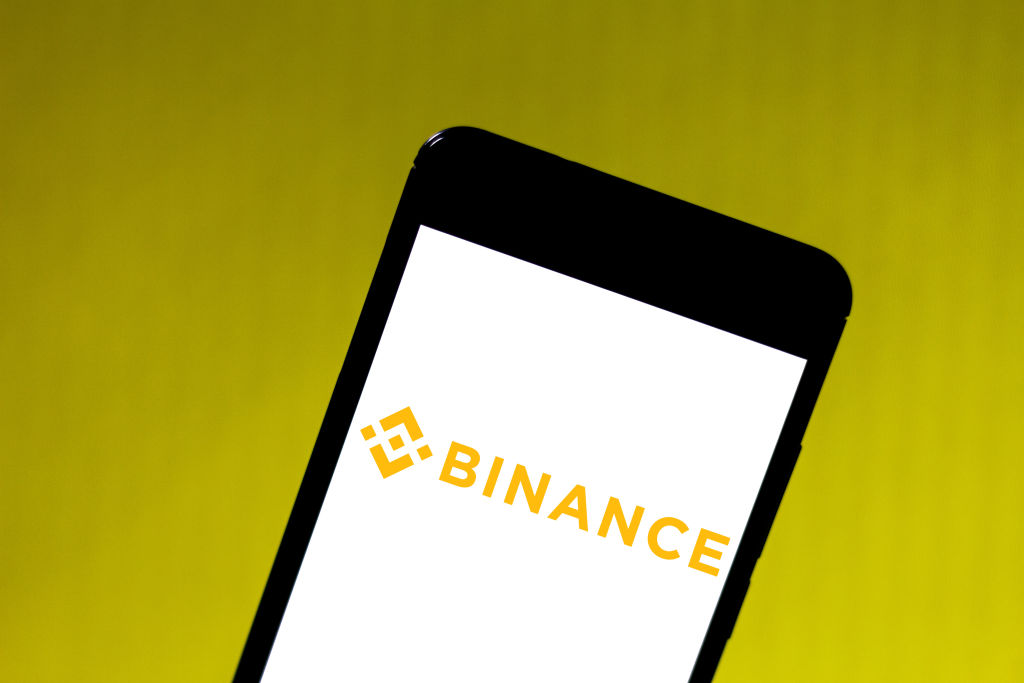Brazilian government amends digital strategy to include govtechs
Brazil has updated its digital strategy to include initiatives aimed at increasing interactions with startups of used on government as well as systems interoperability and consolidation.
The updates of the decree signed by president Jair Bolsonaro on March 16 are intended to further improve the quality of citizen services provided through the Gov.br platform. The government sees the role of govtechs (technology-based startups focused on the public sector) as one of the key measures to enable these improvements.
According to the government, the idea is to integrate govtechs developing technology, work processes and agile solutions intended to generate innovation and resource efficiency for the public sector to Brazil’s digital transformation efforts.
The Brazilian government will introduce a framework to integrate civil servants leading digital transformation and the govtech innovation ecosystem this year. There is an expectation that the number of open innovation competitions for the identification or development of technological solutions for the government within the scope of Gov.br should increase by 20%.
“The inclusion of govtechs in our strategy facilitates the actions of the government itself, which can now count on these companies focused on technology and quick solutions to overcome its challenges in various areas including health, education, agriculture, environment and infrastructure”, says Caio Mario Paes de Andrade, special secretary for management and digital transformation at the Ministry of Economy.
The news on Brazil’s intentions to accelerate improvements in citizen services by getting closer to startups follow the announcement earlier this year that citizens will be able to rate the quality of digital service provision and set minimum standards for online services.
Additionally, the update to the digital strategy announced this week also stressed the importance of consolidating the digital channels across Gov.br and driving further interoperability across government systems, as well as actions around security and privacy in line with the General Data Protection Regulations (LGPD).
Brazil’s digital strategy started with a consultation in 2017 when the government sought input across the nine pillars of infrastructure, research and development, digital security, education, international development, data, connected devices, new business models and digital government.
Since then, Brazil has been accelerating its strategy with a focus on projects around connectivity and ramping up access to digital public services. It also made significant inroads in the digital government space: in 2020, the country became one of the 18 countries in the Americas that ranked in the “very high” group of the report’s E-Government Development Index (EGDI) group for the first time, alongside Argentina, Chile and Costa Rica.




